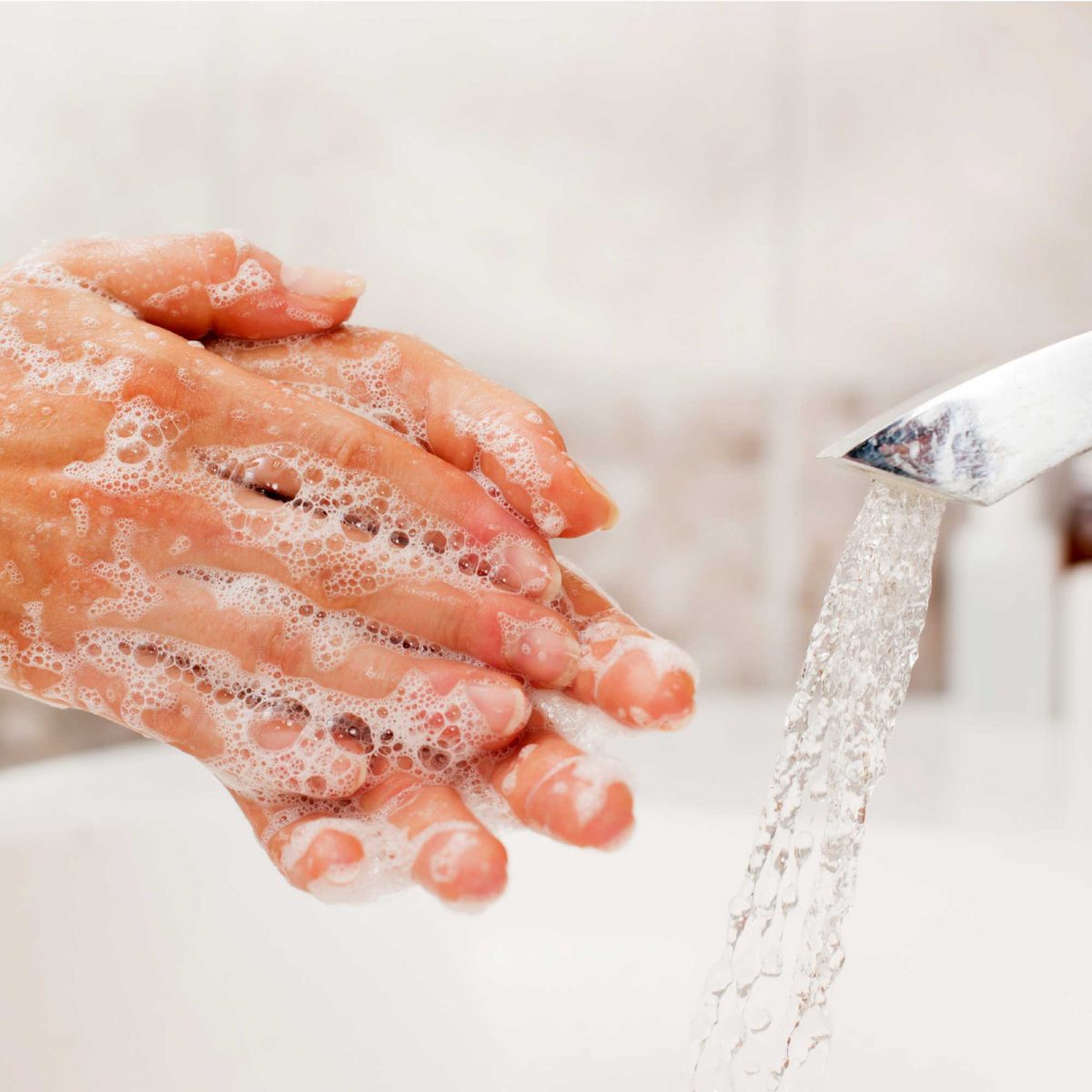We all know how to wash our hands effectively; we’ve been doing it since we were kids! Bit of a scrub with hand wash, a bit of hot water and dry off on a hand towel or – luxury – a hand drier if available when out in public. Job done… or is it? We should all know the importance of washing hands by now…
According to researchers at the Glasgow Caledonian University, a new hand washing technique recommended by the World Health Organisation is vastly superior in terms of effectiveness compared to the current recommended process by the Centers for Disease Control & Prevention in America.
Researchers at the university studied a number of medical professionals, carefully monitoring how they used an alcohol-based hand rub, which is commonly found in hospitals up and down the country.
78 nurses and 42 physicians were monitored as part of the study and the results showed that the World Health Organisation’s six-step technique was far superior to the CDC’s well-known, three-step method.
The results of both methods can be seen in the table below:

Washing hands
It’s clear to see that it is quicker washing hands using the CDC’s method, however, the difference in the median bacterial count is too big to ignore, especially in the health profession.
The World Health Organisation’s recommended method
Using an alcohol based hand rub, the World Health Organisations recommended method is:
- Rub hand rub into hands with palms pressed against each other
- Place the right hand over the left dorsum and rub, before reversing the move to the left hand over the right dorsum
- Place hands palm to palm once more and rub, interlacing the fingers
- Now interlock hands with the back of fingers facing the opposing palm
- Clasp fingers on right hand in the palm of left hand and use thumb to rub left dorsal in a rotational method before switching to the other hand
- Using a rotational rubbing method, place fingers in the palm of the opposite hand and rub before moving to the other hand.
A researcher at the university stated of the findings:
“Hand hygiene is regarded as the most important intervention to reduce healthcare-associated infections, but there is limited evidence on which technique is the most effective.” Jacqui Reilly went on to state that “this study provides a foundation for effective best practices to implement on the front lines of healthcare.”




